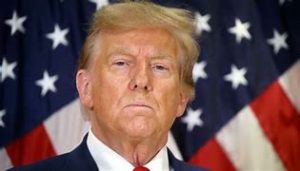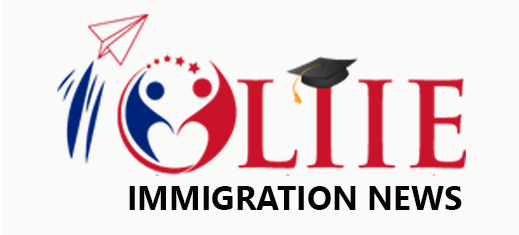
Washington, D.C. – May 27, 2025 — The Trump administration has instructed U.S. embassies worldwide to halt all student and exchange visa interviews, a move expected to cause significant delays for international students and strain American universities that rely heavily on foreign enrollment.
A cable sent Tuesday by the U.S. State Department, to stop adding “any additional student or exchange visitor (F, M, and J) visa appointment capacity” until new guidance is issued in the coming days. The decision comes as the administration prepares to implement a sweeping expansion of social media screening for all international visa applicants.
The directive builds on a controversial policy first enacted in March, which mandated reviews of students’ social media for signs of support for “terrorist activity or a terrorist organization.” Critics say the language has been interpreted broadly, potentially targeting students who express support for the Palestinian cause or participate in political activism.
Previously, social media screening was limited to applicants flagged for certain behaviors or affiliations. Under the new policy, every student visa applicant will be subject to social media scrutiny, including posts, shares, and comments across platforms like Instagram, X (formerly Twitter), and TikTok. Consular officers are reportedly required to screenshot and permanently store any content deemed “potentially derogatory,” even if it is later deleted.
Senator Marco Rubio, who oversees key areas of immigration enforcement, stated last week that thousands of student visas have already been revoked under the new policies, significantly more than the 300 reported earlier this year. “We probably have more to do,” he said.
The move has sparked alarm across the higher education sector. U.S. universities host over one million foreign students, who contributed approximately $43.8 billion to the U.S. economy and supported more than 378,000 jobs during the 2023–2024 academic year, according to NAFSA: Association of International Educators.
Education leaders warn that the visa freeze could worsen declining international enrollment and further damage the U.S.’s reputation as a global leader in higher education. Many institutions, already under financial pressure, fear losing a critical source of revenue if processing delays continue into the next academic cycle.
“This decision is likely to have far-reaching consequences not just for students, but for the U.S. economy and its international standing,” said a spokesperson for a major university consortium. “The message being sent is that international students are not welcome.”
The State Department has yet to clarify the duration of the freeze or the full scope of the new vetting measures.
Written by: LIIE IMMIGRATION

